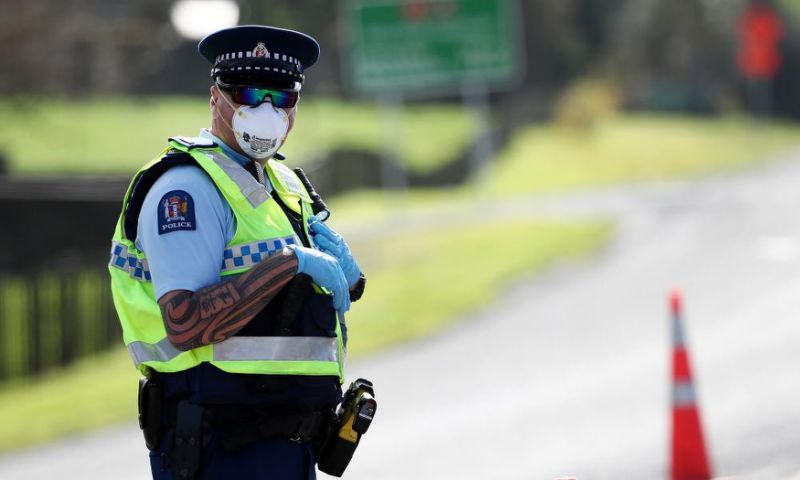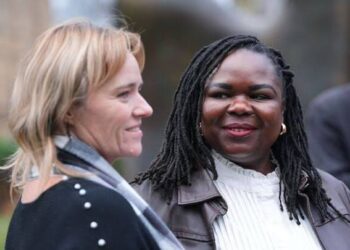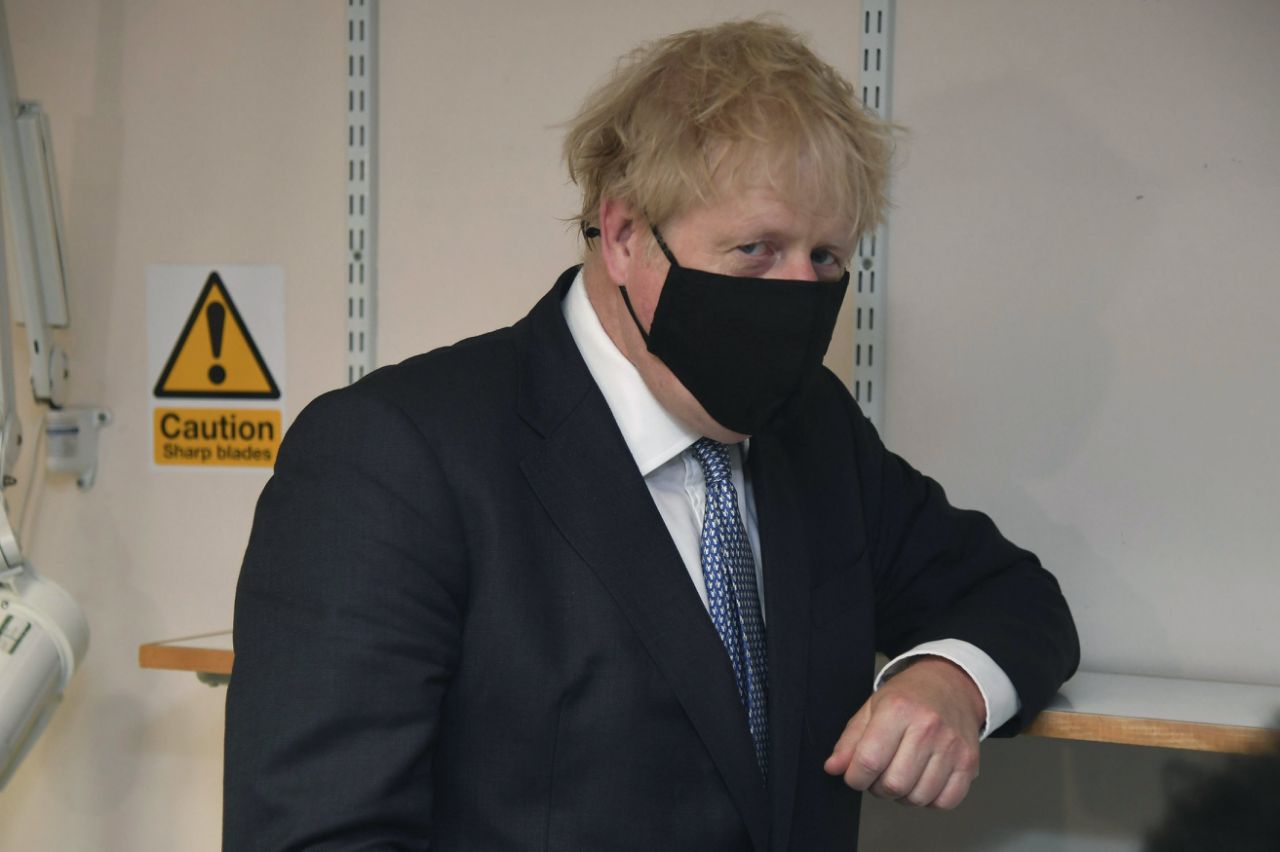Australia suffered its deadliest day of the pandemic so far, with 21 deaths in the state of Victoria, as authorities in New Zealand’s largest city prepared to conduct “tens of thousands” of tests to determine the source of the first locally transmitted cases in over 100 days.
On Wednesday, Victorian authorities said the deaths were all among people over 70, with 16 linked to outbreaks in aged care facilities.
Australia’s rate of death in residential aged care is the second highest in the world, behind only Canada, said Professor Joseph Ibrahim, the head of health law and ageing research unit at Monash University at an inquiry into the aged care sector.
Residents in Victoria are under various levels of lockdown as it struggles to contain an outbreak that has for weeks seen hundreds of new cases confirmed every day. In central Melbourne, people who are not essential workers may leave their houses only to grocery shop (one person per household per day) or exercise for an hour. There is a curfew in place from 8pm to 5am.
Victoria recorded 410 new coronavirus cases on Wednesday, in keeping with a downward trend from recent daily tallies in the 600s.
In neighbouring New Zealand – which had appeared to have eliminated local transmission after going more than 100 days without a new case outside hotel quarantine – four people from a household in Auckland, the country’s largest city, tested positive on Tuesday.
The source of the cases is unknown, which means health officials will rely on increased testing to trace their origin.
In response, Prime Minister Jacinda Ardern reintroduced level 3 restrictions in Auckland, meaning people are encouraged to work from home and bars and restaurants are closed except for takeaways. The rest of the country went into level 2 restrictions, under which people can go to work and school, but gatherings may not exceed 100 people.
Ardern said on Wednesday testing stations would be set up throughout the city. The country’s top health official, Dr Ashley Bloomfield, said officials were preparing to test tens of thousands of people in the days ahead.
The prime minister also deferred the dissolution of parliament, which had been due on Wednesday ahead of September’s election. A decision would be made on Monday, she said. Newly appointed opposition leader Judith Collins called for the vote to be delayed until November.
United States health secretary of health Alex Azar marked the end of his multi-day visit to Taiwan with further criticism of China’s handling of the coronavirus outbreak and saying that if such a virus had emerged in the US, Taiwan “or another open society, it would have gone very differently”.
Azar also expressed scepticism of Russia’s claim that it had developed a coronavirus vaccine. On Tuesday, President Vladimir Putin said Russia had become the first country to grant regulatory approval to a Covid-19 vaccine after less than two months of human testing, a move Moscow likened to its success in the cold war-era space race. The vaccine, which has not yet completed its final trials, will be called Sputnik V.
“It’s important we provide safe, effective vaccines and that the data be transparent,” said Azar, adding that US vaccines would be well researched and ethically developed, with data reviewed by outside experts.
Late on Tuesday, the World Health Organization said it had not received enough information to evaluate the Russian vaccine.
Other key developments include:
- Lebanon on Tuesday announced a record daily number of cases, with more than 300 infections and seven deaths as the country grapples with the aftermath of the Beirut port explosion that rocked the capital and overwhelmed hospitals.
- Argentina’s death toll has topped 5,000, the government said on Tuesday, as cases skyrocketed in recent weeks, pushing the South American nation up in the global charts despite months of lockdown and a promising start.
- The United States has entered an agreement with drugmaker Moderna to acquire 100m doses of its potential Covid-19 vaccine for around $1.5bn, the company and White House said on Tuesday.
- The Netherlands plans to introduce mandatory home quarantine for people identified by local authorities as having been in close contact with somebody infected with coronavirus, and for travellers returning from high-risk countries.










Discussion about this post